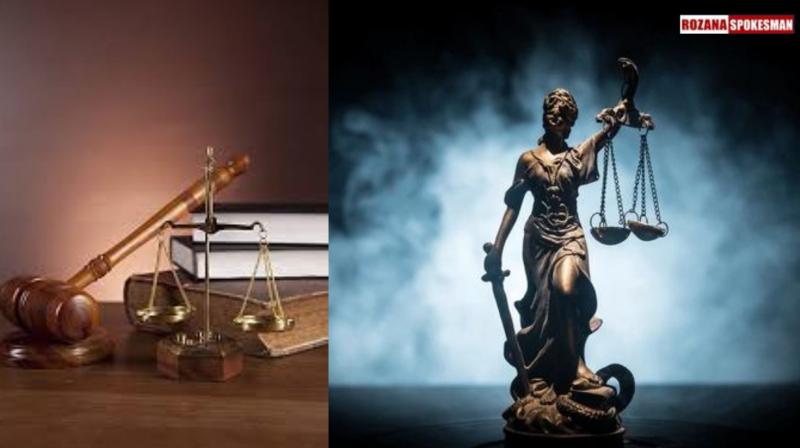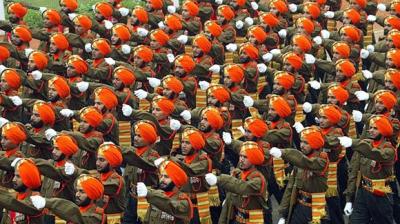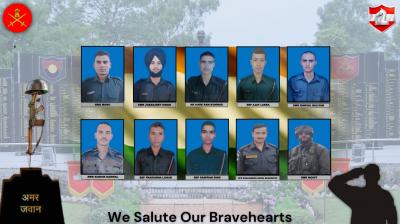
The overhaul of the criminal justice system is designed to offer a more efficient and victim-focused approach
What is new criminal law? Criminal law is an area of the law that concerns crimes and laws applied to those who commit them. There are two main types of criminal law offenses: felonies and misdemeanors. The most serious crimes are felonies, which include offenses like murder, robbery, and arson.
On July 1, three new criminal laws—Bharatiya Nyaya Sanhita (BNS), Bharatiya Nagarik Suraksha Sanhita (BNSS), and Bharatiya Sakshya Adhiniyam (BSA)—will be implemented. These statutes will take the place of the colonial-era Indian Penal Code (IPC), Code of Criminal Procedure (CrPC), and Indian Evidence Act.
The overhaul of the criminal justice system is designed to offer a more efficient and victim-focused approach, updating the legal framework to provide enhanced protection and justice for the populace.
Some changes in the laws include:
1. In order to strengthen the investigation of criminal cases, provisions such as allowing the registration of FIRs at any police station or Zero FIR and mandatory videography of crime scenes for heinous offenses.
2. The new laws mandate that judgments in criminal cases must be delivered in 45 days of the trial's completion and the charges must be framed within 60 days of the first hearing.
3. There is also a provision to inform the victims about the progress of the investigation within 90 days. It also includes online filing of complaints, electronic summons via SMS, and swift sharing of evidence.
4. Under the Bharatiya Nyaya Sanhita, the amount of fine has been increased in 83 crimes and mandatory minimum punishment has been introduced in 23 crimes.
5. The BNS has a new chapter on crimes against women and children to deal with sexual crimes.
6. There is a provision of 20 years imprisonment or life imprisonment in all cases of gang rape and the new crime category of gang rape of a woman under 18 years of age.
7. The Bharatiya Nyaya Sanhita also addresses crimes like false promises of marriage, mob lynching, and chain snatching, which were not mentioned in the IPC.
8. Terrorism has also been defined in Section 113 (1) of the Bharatiya Nyaya Sanhita. As per the BNS, terrorist acts are punishable with either the death penalty or a life sentence without parole.
9. BNS Section 113 (1) mentions that "whoever, with intent to endanger or is likely to endanger the unity, integrity, sovereignty, security or economic security or sovereignty of India or to cause or spread terror amongst the public or any section of the public in India or in any foreign country, commits any act using bombs, dynamite, explosive substances, poisonous gases, nuclear with intent to cause death to any person or persons, damage to property, or manufacture or smuggling of currency or so, he commits terrorist acts".
10. It is also mentioned that destroying public facilities or private property is a crime. Acts that cause 'widespread loss by reason of damage or destruction of critical infrastructure' have also been covered in this section.














